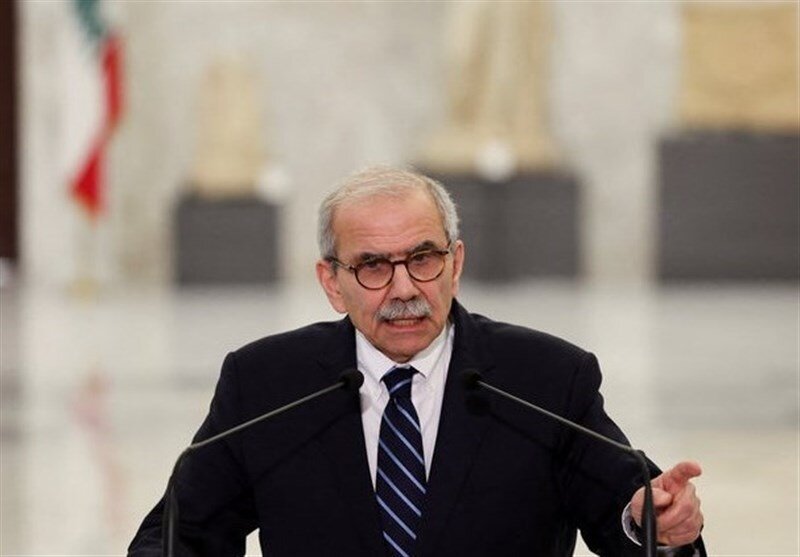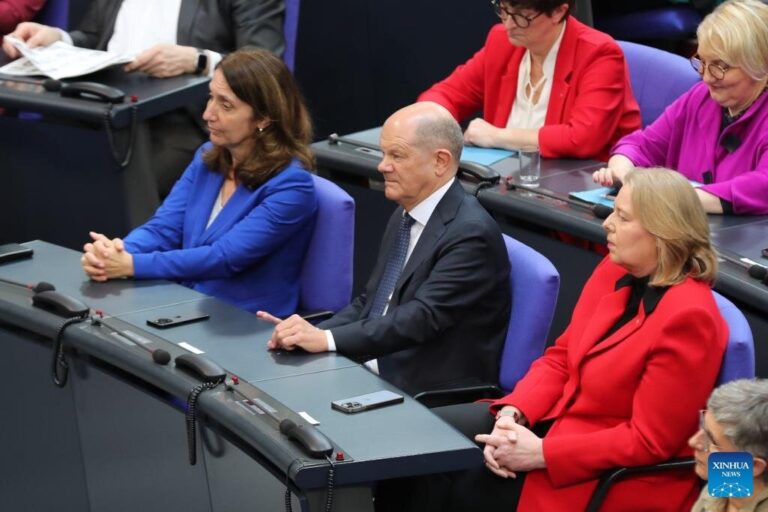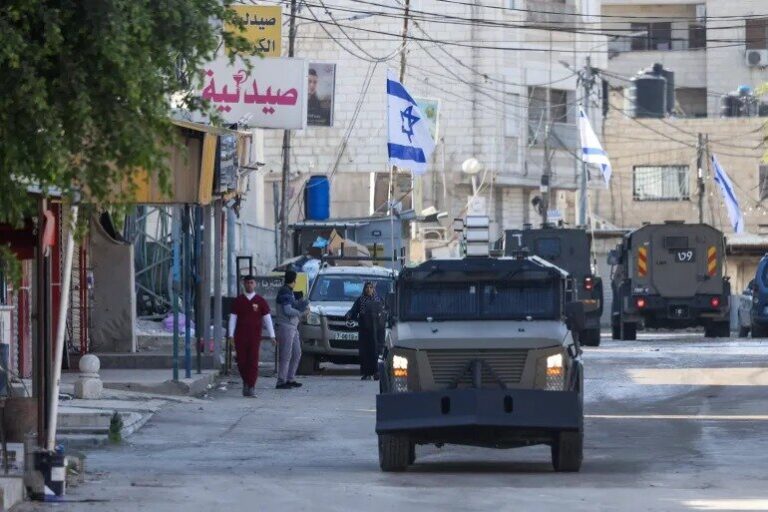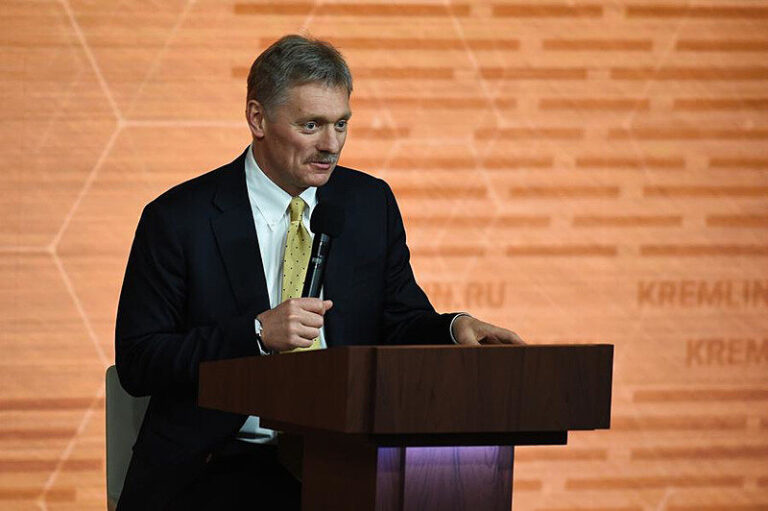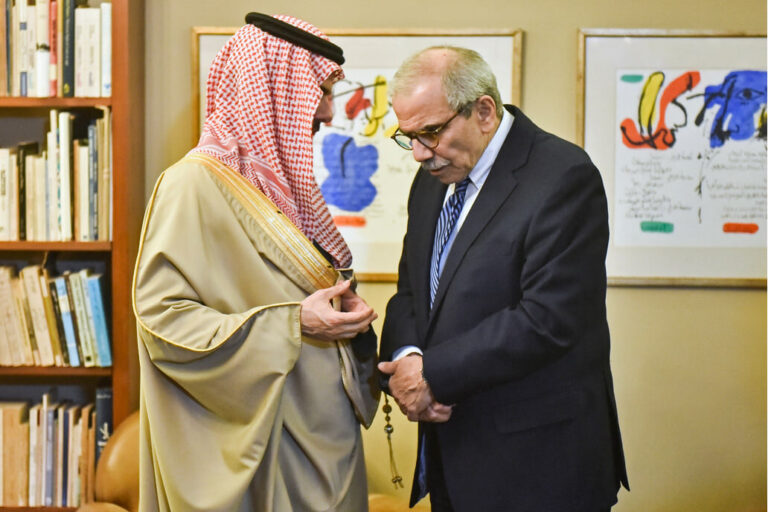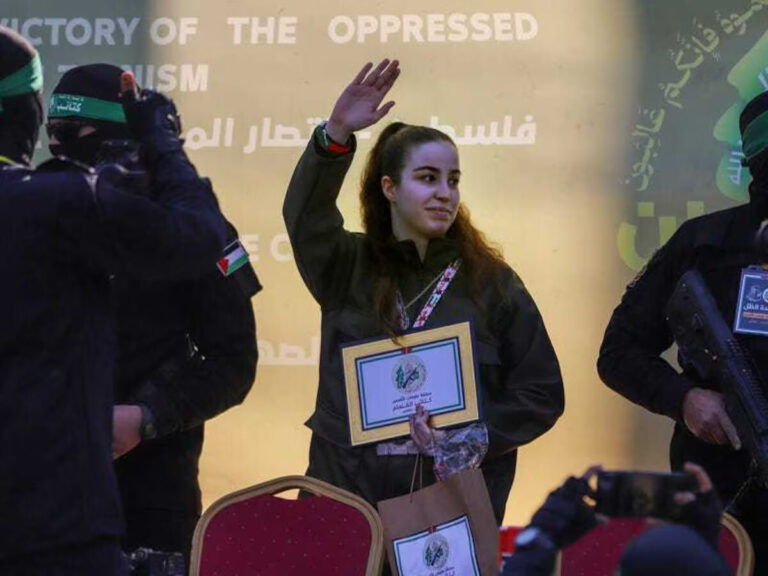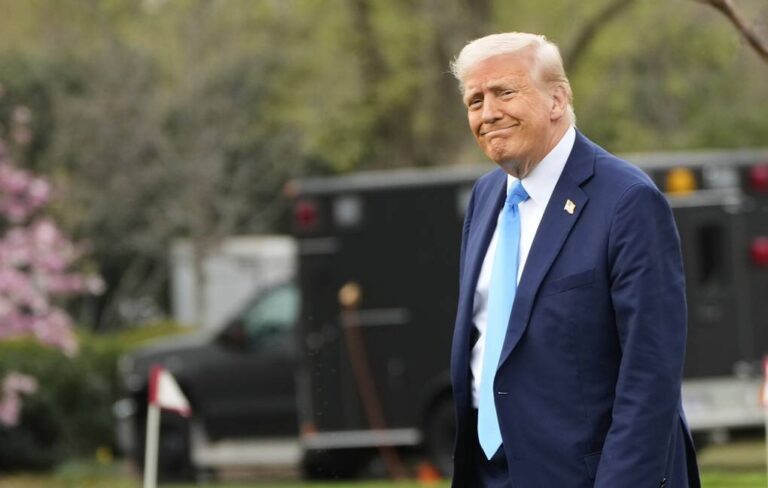Lebanon’s PM Declares: No Desire for Normal Relations with Israel
Lebanese Prime Minister Nawaf Salam has made it clear that establishing diplomatic relations with Israel is not on the agenda for Lebanon. This statement comes amidst rising tensions, as senior officials in Beirut have accused Israeli authorities of attempting to normalize relations, according to The National.
Currently, Israeli troops occupy five strategic locations along the Lebanon border, following their incursion into southern Lebanon last year. This military action was reportedly aimed at countering the influence of Hezbollah, a powerful Lebanese group.
The Israeli military was expected to withdraw from southern Lebanon on January 26, as part of a ceasefire agreement reached with Hezbollah in November. However, Prime Minister Salam emphasized that the five areas held “no military or security value” for Israel, stating that their occupation serves only to exert pressure on Lebanon.
Salam firmly stated, “No one in Lebanon wants normalization with Israel, and it is rejected by all Lebanese.” This sentiment reflects the widespread opposition to any diplomatic relations with Israel among the Lebanese populace.
Despite the ceasefire, Israeli forces have continued to carry out airstrikes in southern Lebanon, with reports indicating that over 4,000 lives were lost last year due to these attacks, according to Lebanese health officials. Salam expressed deep concern over the ongoing situation but noted that Beirut had “not exhausted all means of political and diplomatic pressure.”
According to various Israeli media sources, unnamed officials have hinted at an interest in establishing relations with Lebanon, particularly with the backing of the new U.S. administration under President Donald Trump. It’s important to note that Lebanon and Israel are technically in a state of war, making any form of communication or travel between the two nations a serious crime for Lebanese citizens.
While Hezbollah remains a contentious topic within Lebanon, there is a significant consensus among the Lebanese people against Israel and its military actions. Parliament Speaker Nabih Berri recently remarked, “Israel intends to draw us into political negotiations leading to the normalization of relations between the two countries, but this is out of the question for us.”
This week, French presidential envoy Jean-Yves Le Drian arrived in Beirut. His visit coincides with Lebanon’s ongoing struggle with instability along its borders with Israel and Syria. Le Drian’s meetings with President Joseph Aoun at the presidential palace in Baabda and with Salam later on Wednesday were primarily focused on reconstruction efforts in the country.
Reconstruction is a vital topic, particularly in areas of Lebanon that suffered significant damage during the conflict between Hezbollah and Israel. Israeli forces have continued their bombardments in southern Lebanon, especially after three rockets were fired at Israel over the weekend.
Last October, a conference held in Paris raised $1 billion for humanitarian aid and security in Lebanon, and France plans to seek additional funds for rebuilding efforts in the coming months. The World Bank has estimated that the costs for short-to-medium-term recovery and reconstruction in Lebanon will reach approximately $11 billion.
President Aoun is expected to visit France this weekend, marking one of his first official overseas trips since taking office in January. Notably, Le Drian was present at the Lebanese Parliament during Aoun’s swearing-in ceremony.
France, as Lebanon’s former colonial power, played a crucial role in resolving the political deadlock that led to two years of caretaker governance and institutional paralysis in Lebanon. The sequence of events leading to Aoun’s election, the appointment of Salam as Prime Minister, and the subsequent formation of a cabinet occurred shortly thereafter. In a gesture of solidarity, French President Emmanuel Macron visited Lebanon in January.
- Lebanon’s Stance: No normalization with Israel is desired by the Lebanese people.
- Israeli Occupation: Israeli troops continue to occupy five areas along the Lebanese border, exerting pressure on the country.
- Casualties: Over 4,000 people were reported killed in Israeli attacks last year.
- International Support: France is actively involved in supporting Lebanon’s reconstruction efforts.
- Political Climate: Lebanon and Israel remain in a technical state of war, complicating any diplomatic negotiations.
The current geopolitical landscape puts Lebanon in a precarious position, as it navigates its relationships with both Israel and regional powers. The upcoming discussions and initiatives aimed at reconstruction and stability will be critical for Lebanon’s future.
